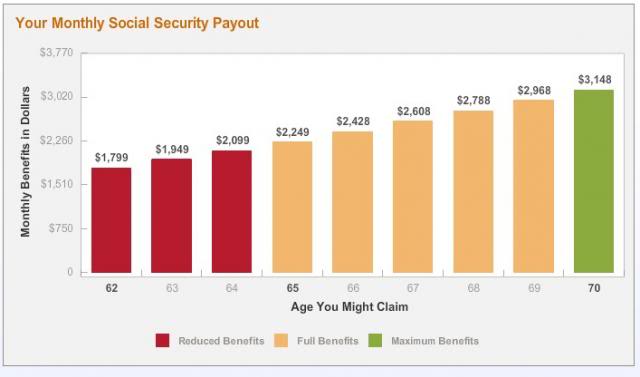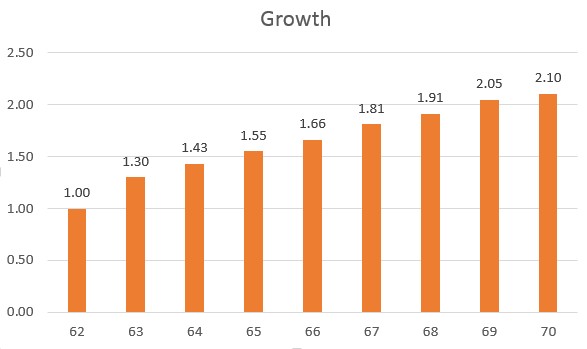explanade
Give me a museum and I'll fill it. (Picasso) Give me a forum ...
- Joined
- May 10, 2008
- Messages
- 7,446
Do most folks have more retirement savings in IRAs and 401ks or in non-retirement taxable accounts?
In my case, the latter dwarfs the IRAs and 401k, so whatever income I derive from the taxable accounts would probably have way more impact on my taxable income than the RMDs from IRAs. I forget the actual rules for when I would have to draw from 401k.
But if I have to do withdraws from IRAs and 401ks starting at 70.5 years of age, then in early retirement, I'd draw from my non-retirement accounts and supplement with SS if necessary?
Is that what most RE people are doing, drawing from their non-retirement accounts before taking SS and before the RMDs kick in? Or is there some advantage in drawing down the IRA and 401ks earlier?
In my case, the latter dwarfs the IRAs and 401k, so whatever income I derive from the taxable accounts would probably have way more impact on my taxable income than the RMDs from IRAs. I forget the actual rules for when I would have to draw from 401k.
But if I have to do withdraws from IRAs and 401ks starting at 70.5 years of age, then in early retirement, I'd draw from my non-retirement accounts and supplement with SS if necessary?
Is that what most RE people are doing, drawing from their non-retirement accounts before taking SS and before the RMDs kick in? Or is there some advantage in drawing down the IRA and 401ks earlier?


